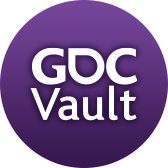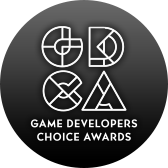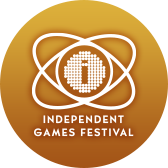Deus Ex, Fallout notables talk 'the art of the reboot' at GDC Online
In today's market of follow-ups, reboots, and trilogies, developers need to understand what it takes to make a good video game sequel.
There are plenty of challenges that come with working on a beloved or classic IP, but at next month's GDC Online conference in Austin, Texas, a panel of experienced industry pros will share their advice for getting the most out of your next major sequel or reboot.
The session, titled "In the Shadow of Greatness - Sequels and Reboots Deconstructed," will feature seasoned designers and writers including Mary DeMarle (Eidos Montreal), Tom Abernathy (Microsoft Studios), Chris Avellone (Obsidian Entertainment), Raphael Van Lierop (HELM Studio) and Ivan Mulkeen (Eidos Montreal).
These speakers have worked on some of the most notable sequels and follow-ups recent memory, with credits spanning Deus Ex: Human Revolution, Halo: Reach, Knights of the Old Republic II, Fallout: New Vegas, Warhammer 40,000: Space Marine, and much more.
During this talk, these developers will discuss the major considerations studios will need to make when creating a follow-up to a successful game. Along the way, they'll also touch on some common misconceptions about working on a sequel, how DLC can fit into your narrative structure, and the future prospects of new IP.
As part of GDC Online's Game Narrative Summit, this talk will be open to All Access and Summits & Tutorials pass holders. The show itself will take place October 9-11 at the Austin Convention Center in Austin, Texas.


